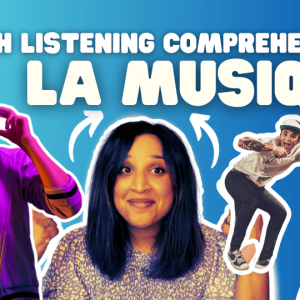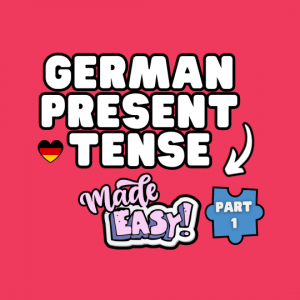5 Tips To Learn A Language With Success This Year
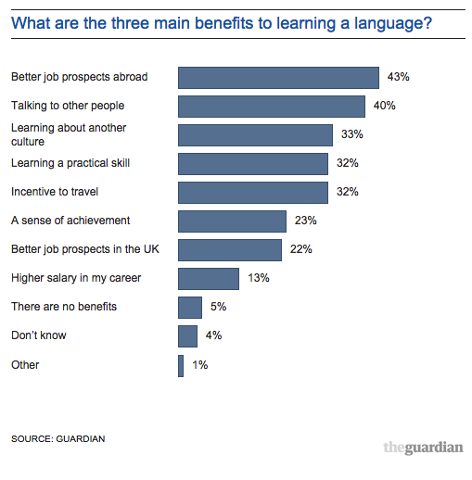 Some people might say that learning a language is hard. Those people would be right because learning a new language can be challenging and certainly time-consuming ! If you want to know how to learn a language, then read on.
Some people might say that learning a language is hard. Those people would be right because learning a new language can be challenging and certainly time-consuming ! If you want to know how to learn a language, then read on.
As you can see from the chart, there are plenty of reasons to learn a new language. Moreover, if you want to learn a new language, then there’s no time like the present to get started! Especially with it being a New Year and all.
Are you daunted, don’t know where to start or feel that you might just fail? We get you…
New Year’s Resolution – Learn a Language
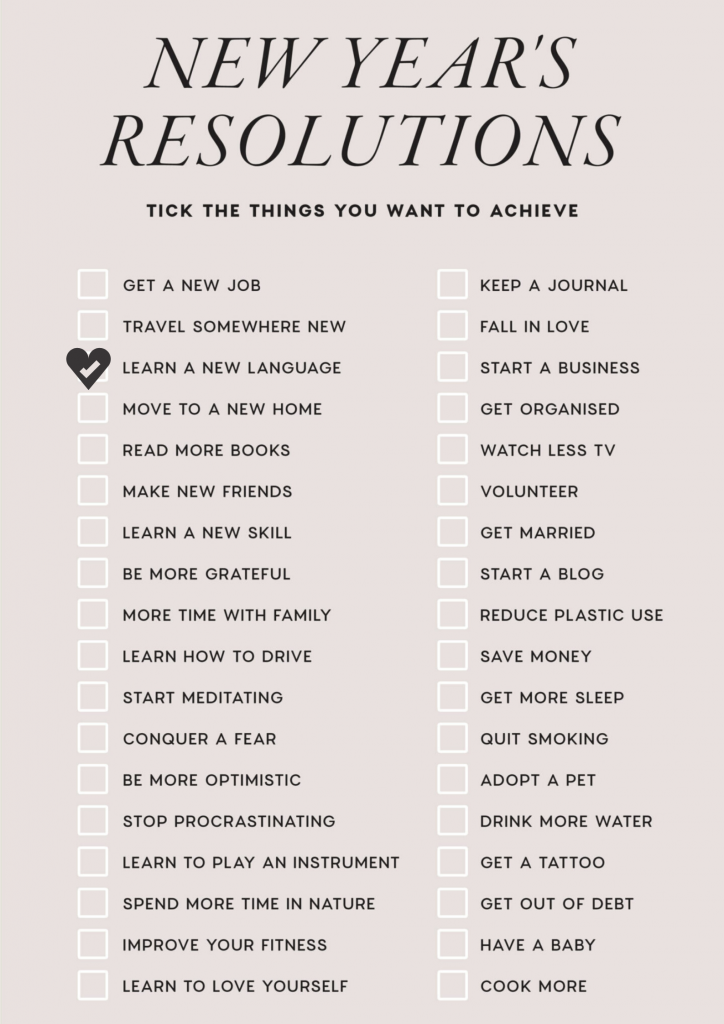 …We all know that at New Year many resolutions are made, and then, within days, broken. In fact, 80% of people break their New Year’s Resolution by March. So, how can you work at learning a language and keeping it going for the whole year? Read on to get some tips and tricks on how to learn a language successfully and start your language journey now!
…We all know that at New Year many resolutions are made, and then, within days, broken. In fact, 80% of people break their New Year’s Resolution by March. So, how can you work at learning a language and keeping it going for the whole year? Read on to get some tips and tricks on how to learn a language successfully and start your language journey now!
One student who has been learning German with me since November (with three lessons per month) recently told me that he wants to be fluent by February. I told him that isn’t going to happen, particularly with his busy work schedule and lack of time for self-study. This got me thinking though, if someone really wants to learn a language to a good level of fluency with limited time, how can they do it?
 STEP 1: Why do people want to learn a new language ?
STEP 1: Why do people want to learn a new language ?
Figure out what you want language you want to learn and why
The most common reasons people come to me to learn a new language, such as French, German or English is:
1. Firstly, because they want to challenge themselves.
2. Secondly, for personal reasons; they have an interest in language learning. Sometimes, they have family or friends who speak that language as a native language. Now and again, language learners want to use French for travelling. I’ve also had some lovely students who needed French to move to a French speaking country in the near future.
3. Thirdly, for business reasons, as speaking another language may help them in their job or work pursuits.
TIP 1: The first thing to do is to pinpoint the reason you want to learn a language. Is it for work, for travel, for a future move, is it to pass a test or an exam to help with future study? Whatever the reason, define it and tailor your efforts to meet that need.
 STEP 2: How many words do I realistically need to learn to be fluent in a language ?
STEP 2: How many words do I realistically need to learn to be fluent in a language ?
Get an idea of how big the language actually is. Not to scare yourself, but to open your eyes!
The second edition of the 20-volume Oxford English Dictionary contains full entries for 171,476 words in current use and 47,156 obsolete entries. However, other dictionaries, such as Webster’s Third and International Unabridged Dictionary combined with its 1993 Addenda section includes around 470,000 entries.
Comparing approximate words taken from other languages, to give a comparison: The Spanish dictionary (Diccionario de la Real Academia) has around 100,000 words included, the German Duden dictionary has approximately 135,000 words, Russian dictionaries, such as The Explanatory Dictionary of The Living Great Russian, contain 200,000 words with the Italians dictionary (Grande dizionario Italiano dell’uso) containing 270,000 words. French dictionaries, such as the Grand Robert de la langue Française, include around 100,000 words, but 350,000 definitions.
What this confirms is that languages vary and the number of dictionary words between languages also vary! The good news is that you don’t actually need to know all of this vocabulary to be a fluent speaker of any language. In fact, according to Lexicographer, Susie Dent, the average active vocabulary of an adult English speaker is 20,000 words with a passive vocabulary at 40,000 words.
So, generally, as English adult speakers we only use and need a small percentage of dictionary vocabulary (60,000 words) in order to communicate fluently. Of course, this does not include slang and jargon, which will add to the lexicon required to communicate. However, this figure gives you a good indication of how many words you need to learn to be fairly fluent in a language.
Also remember, if you want to learn a language to travel, then you probably don’t need to know specialist vocabulary related to ‘Business’ and likewise, if you are trying to learn a language for work, then you probably don’t need to learn slang. All of this will affect the amount of time you need to get fluent – woop!
TIP 2: Don’t underestimate the need to learn vocabulary. Although you don’t need to know every single word in the German dictionary, the key here is that you do actually need to actively learn it, daily. You also need to ensure you use the vocabulary in sentence form to improve, through listening, speaking, reading and writing to help it to stick. Immerse yourself in the language!
 STEP 3: Where do I start my language learning journey?
STEP 3: Where do I start my language learning journey?
Figure out your current level to get a starting point
According to the Common European Framework of Reference (CEFR) for languages, an international standard for working out your ability within a language), there are six language learning levels A1, A2 (beginner) B1, B2 (intermediate) C1 and C2 (advanced). This can be further split with .1 and .2 between each level. For example a A1.1 and A1.2, differentiating between a beginner at that level and someone with a little more language knowledge.
If you have no prior language learning experience in the language you have chosen to learn, then start with the basics (A1). If you did a GCSE or equivalent at school and want to do a bit of revision and develop the basics, start with A2. Alternatively, if you can already hold some conversation in the language you are learning or want to improve on, start from B1 level.
TIP 3: Assess your starting level and begin from there, to avoid missing out vital knowledge.
In order to achieve mastery at each level, around 200 hours of active learning (engaging all the senses) is required. Therefore, you would be looking to spend around 1200 hours to progress from A1.1 level to C2.2 level. This equates to around 23 hours of active learning per week in a year. That’s almost one day per week, which is not realistic for most people!
 STEP 4: Be realistic!
STEP 4: Be realistic!
Define a realistic amount of time to dedicate to active language learning
So, the first thing to do is be realistic about the length of time you have each week to dedicate to active language learning. If you do not have 23 hours of learning time per week, which includes listening, reading, speaking, writing, translation, vocabulary learning and grammar development, then you may not achieve C2.2 level within a year.
Break your language learning time down. Can you spend 3.5 hours per week, which equates to 30 minutes per day in a seven day cycle? If so, you have a better chance of learning the language to the next Common European Framework of Reference for languages within a year. If not, don’t commit to it. However, if you can commit to 10 minutes in the morning when you wake up, make sure you do everything you can do stick to it!
TIP 4: The key here is not over-commit to the time you can spend learning and practising, because then you will sabotage your language learning journey from the beginning, thus, ultimately failing. We don’t want you to do that!
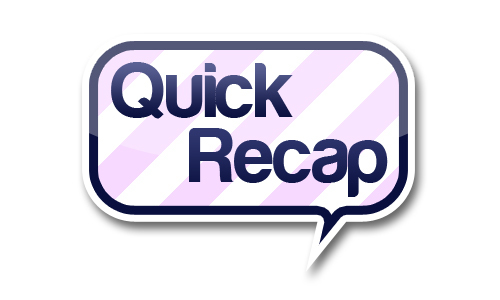
A quick re-cap on how to learn a language successfully as a New Year’s Resolution:
So, now you know:
a) what language you want to learn (French, German, Spanish, English etc)
b) why you are studying the language (for pleasure, a future move, travel, exam etc)
c) what level you are starting at (A1, A2 (beginner) B1, B2 (intermediate) C1, C2 (advanced) and where you want to get to and in what amount of time
d) how many minutes you can dedicate each day to active language learning
STEP 5: Get started!
Now it’s time to start learning. How, though? Where, though? Break It Down…
Firstly, language can be broken down into skills: reading, writing, speaking and listening, as well as vocabulary, grammar and translation. Obviously, the language you are learning and the reason for learning the language will determine what, specifically, you need to focus on. Make sure you keep the reason for learning the language in the forefront of your mind at all times.
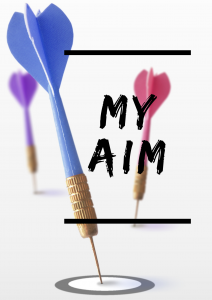 OVERALL LANGUAGE LEARNING AIM BY END 2020:
OVERALL LANGUAGE LEARNING AIM BY END 2020:
To achieve B2 in Spanish with 30 minutes learning per day to help with conversing with Spanish people whilst travelling
a) commit to a 365 day-streak on Duolingo by the end of the year
b) be able to create simple sentences to talk about myself and family by end of January
c) complete an A1 course book by end of of February
d) start conversing with a native speaker by end of March
e) complete an A2 course book by the end of April
etc…
To achieve your New Year’s goal for language learning, you will need to mix and match the skills, as well as the type of vocabulary and the grammar with what works for your language learning aims.
The suggestions below will get you started, but ensure you create some weekly, bi-weekly, monthly and six-monthly milestones as part of your planning. This could include, for example:
Where Do I Learn A Language?
There are many places to get started on your journey, but as mentioned above, it depends on your needs. See which ideas work below. The good news is, you can start number one now!
 1. USE A LANGUAGE LEARNING APP
1. USE A LANGUAGE LEARNING APP
(writing, reading, grammar, vocab, listening)
You could try a language learning app, such as DuoLingo or Babbel. Many of my students have used it and it’s really set a great base for language learning. In fact, many of them find it quite addictive and are proud of their three figure streak (basically it means they have done some lessons on it each day without a break for xxx days). The good thing is that over the years, these apps have improved and allow learners to make good progress in a number of skills. The downside to these apps, that there aren’t always authentic or ‘real life’ opportunities to develop your language skills. That being said, it provides a great starting point, especially if you don’t have a huge amount of time to spend on language learning.
 2. ENLIST THE HELP OF A GOOD COURSEBOOK
2. ENLIST THE HELP OF A GOOD COURSEBOOK
(writing, reading, grammar, vocabulary, translation, listening).
Below you will find some highly rated coursebook and grammar book links through Amazon that might be worth checking out for beginners and intermediate language learners. I have used and seen Paul Nobes’s ‘Unlocking’ beginner’s guide and they are an excellent starting point with very useful language and grammar instruction for every day conversation.
As a language teacher, I highly recommend the English in Use books for those wishing to brush up on their grammar.
Spanish
Paul Nobes Unlocking Spanish – Beginner’s Guide To Learning Spanish
BBC Espana Viva – Beginner’s Coursebook
Beginner/Intermediate Spanish Coursebook
German
Paul Nobes Unlocking German – Beginner’s Guide To Learning German
Willkommen 1 Course Pack (Beginner)
Willkommen 2 Course Pack (Intermediate)
French
Paul Nobes Unlocking French – Beginner’s Guide To Learning French
BBC The French Experience Language Pack with CD (Beginner)
BBC The French Experience Language Pack with CD (Intermediate)
English
English Grammar in Use – Beginner
English Grammar in Use – Intermediate
English Grammar in Use – Advanced
 3. COMMUNICATE WITH A NATIVE SPEAKER
3. COMMUNICATE WITH A NATIVE SPEAKER
(all skills, vocabulary, grammar and translation)
Native speakers aren’t always the best teachers. However, they can definitely help you to hold a conversation and practise your listening skills at the same time!
 4. USE ONLINE RESOURCES
4. USE ONLINE RESOURCES
(most skills)
You can Google whatever you want to learn and you will probably find something! I have put together The Essential List of 83 French Websites To Learn French, which are split into Beginner, Intermediate and Advanced sites. I’ve got one for German on the way too and will add it once it’s completed!
 5. HIRE A LANGUAGE TEACHER
5. HIRE A LANGUAGE TEACHER
(all skills)
I am pretty sure you can get on really well by yourself with the tips above, apps, coursebooks, native speakers and online resources, but, if you get stuck or your motivation starts to dwindle a bit and you can’t focus, get yourself a language teacher.
TIP 5: Immerse yourself in the language AND PRACTICE as much as your time allows. You can listen to podcasts, watch films, or short stories, read blogs. Why not watch YouTube videos, read books targeted at your level, use coursebooks, do online grammar activities and download a language learning app? Ensure you learn vocabulary regularly and use it in context in spoken and written form as much as possible and, if you need a bit of help or guidance, enlist the help of a language teacher.
In the 21st Century, we are so lucky to have language learning tools at our fingertips. Set out your goals, define your time and get started today! You have the information on how to learn a language successfully, so what is stopping you?!
Did you enjoy this post on how to learn languages successfully this New Year? If so, be sure to check out these posts to improve language acquisition here too:
Emojis Verb Builder to Improve Verbs
How To Effectively Learn Vocabulary Want to keep up-to-date with the latest content? Sign Up to the Ideal Teacher’s Exclusive Mailing List.
Want to keep up-to-date with the latest content? Sign Up to the Ideal Teacher’s Exclusive Mailing List.
* Disclaimer, please note that this advice comes from being a language learner for 20+ years, as well as being a language teacher for 10+ years. The advice has come purely from experience and conversations with how students on how they learn best.
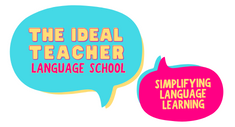
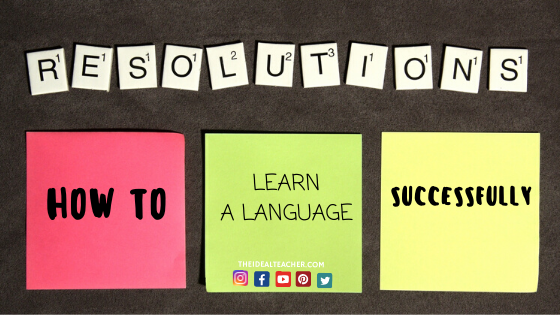
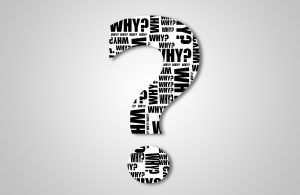 STEP 1: Why do people want to learn a new language ?
STEP 1: Why do people want to learn a new language ? STEP 2: How many words do I realistically need to learn to be fluent in a language ?
STEP 2: How many words do I realistically need to learn to be fluent in a language ? STEP 3: Where do I start my language learning journey?
STEP 3: Where do I start my language learning journey?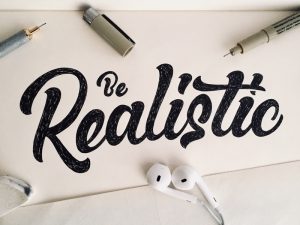 STEP 4: Be realistic!
STEP 4: Be realistic!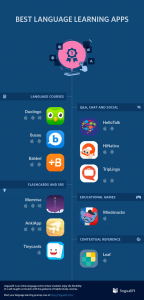 1. USE A LANGUAGE LEARNING APP
1. USE A LANGUAGE LEARNING APP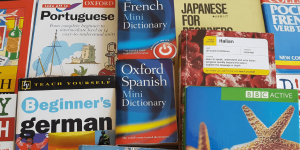 2. ENLIST THE HELP OF A GOOD COURSEBOOK
2. ENLIST THE HELP OF A GOOD COURSEBOOK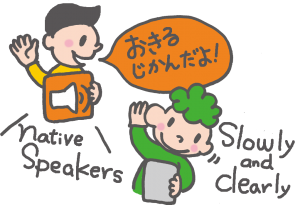 3. COMMUNICATE WITH A NATIVE SPEAKER
3. COMMUNICATE WITH A NATIVE SPEAKER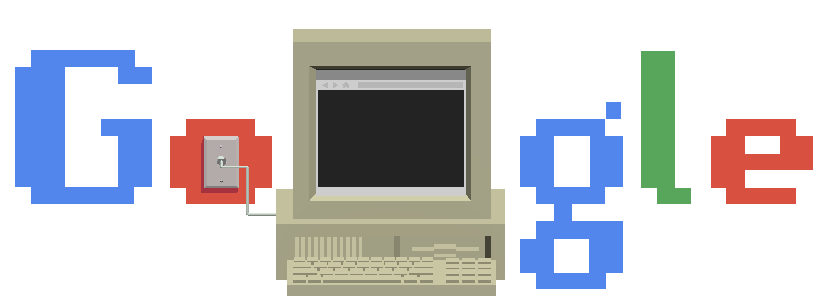 4. USE ONLINE RESOURCES
4. USE ONLINE RESOURCES  5. HIRE A LANGUAGE TEACHER
5. HIRE A LANGUAGE TEACHER